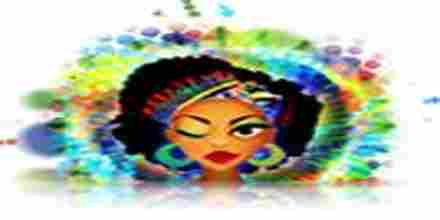🎶 Top 3 radio stations playing African

 168
168
 753
753

 746
746




 823
823
 176
176

 149
149
 871
871
 278
278
 1
1


 110
110

 155
155


 255
255


 438
438

 247
247
 1.3k
1.3k

 143
143


 204
204
 1
1
 739
739

 325
325

 118
118


 146
146

 105
105

 120
120


 126
126

 120
120
 152
152



